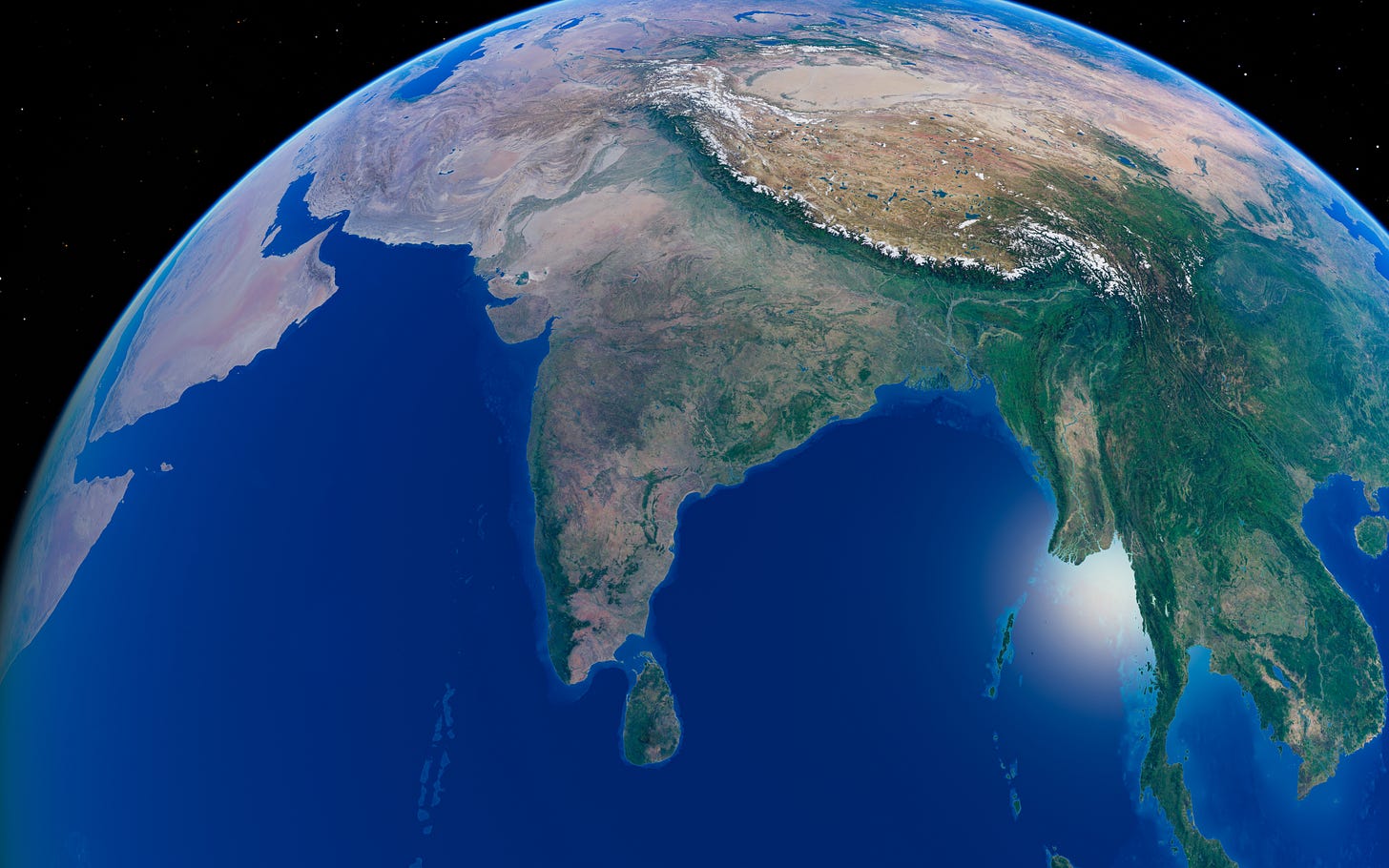It’s Take Two for the EU’s relationship with the Indo-Pacific
The recently published Council Conclusions hopefully paves the way towards enhanced EU-Indo-Pacific cooperation.
20 October, the Council Conclusions on EU-Indo-Pacific relations were approved. The conclusions will now provide a roadmap for the EU-Indo Pacific Ministerial Forum, taking place in Brussels on 20-21 November, and go into more detail on region-to-region cooperation both on geopolitical and economic security issues. The Indo-Pacific is not homogenous, yet the EU needs an increased presence in the region – sooner rather than later.
Europe’s recent drive for open strategic autonomy was mostly intended to reduce dependencies on China. Now, the once unshakable post-war transatlantic alliance has also shifted onto shaky ground, both economically and in terms of security. Europe faces the urgent task of strengthening its partnerships with industrial middle powers who are also facing the need to double-derisk from the US and China. These are countries that share the EU’s challenges and capabilities in areas such as supply chain resilience, technological innovation and sustainable industrial transformation – and some of those leading countries are in the Indo-Pacific.
However, this type of partnership calls for a different approach from emphasising development assistance, which Europe has traditionally applied in its international partnerships. The EU is already shifting away from the old donor-recipient model and towards more balanced, co-funded initiatives, aiming to help the host countries scale up on critical supply chains and strategic industries.
Still, partnering with industrial middle powers isn’t the same as framing infrastructure investment as development. EU-Indo-Pacific relations are a case-in-point, as many countries in the region have similar advantages in critical supply chains and have faced a long history of security concerns regarding their alignment with the superpowers. This means that relations with the Indo-Pacific need to be on a much more equal footing than what the EU typically used to.
The 2021 Indo-Pacific Strategy signalled that Europe was aware of this. Although light in content, it acknowledged that the post-pandemic world isn’t the same as before. It identified the green and digital transformations as priority areas for cooperation and recognised mutual security concerns – both traditional and new.
Alas, progress in these areas has suffered from the EU’s failure to get its act together and communicate effectively with like-minded partners in the region. A good example is that despite the promise of the Clean Industrial Deal and in the International Digital Strategy, it’s still difficult to identify areas of cooperation in green and digital technologies – besides research collaboration and regulatory convergence.
Why is this? A major reason is because the EU produces a myriad of policy documents every single year and expects potential partners to keep track of them all. This only causes confusion about what the EU has to offer.
As for defence and security, Russia’s invasion of Ukraine has turned Europe’s attention so inward that it may fail to see, for example, that while Europeans view ocean governance primarily as a sustainability concern, Indo-Pacific countries consider it a matter of maritime security. The EU’s crisis avoidance as a part of its double-derisking strategy also comes across as a lukewarm commitment to its Indo-Pacific partnerships.
But let’s not throw the baby out with the bathwater – the EU isn’t a traditional security actor and it may be too internally divided to become a tech pioneer, but its market size and experience in navigating multilateral negotiations on emerging regulatory regimes keep it relevant for Indo-Pacific partners.
The EU’s future in the Indo-Pacific lies in action plans tailored to the needs and visions of regional countries and groups. That means the EU can’t be so inward-looking. Hopefully these new Council Conclusions will lead to a real change of course.
Ceren Ergenc, Research Fellow in the Foreign Policy unit

